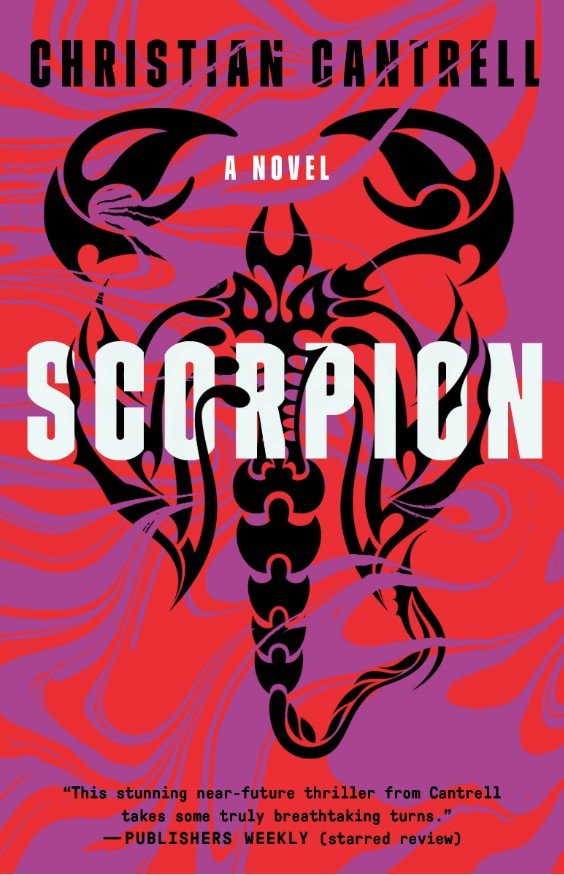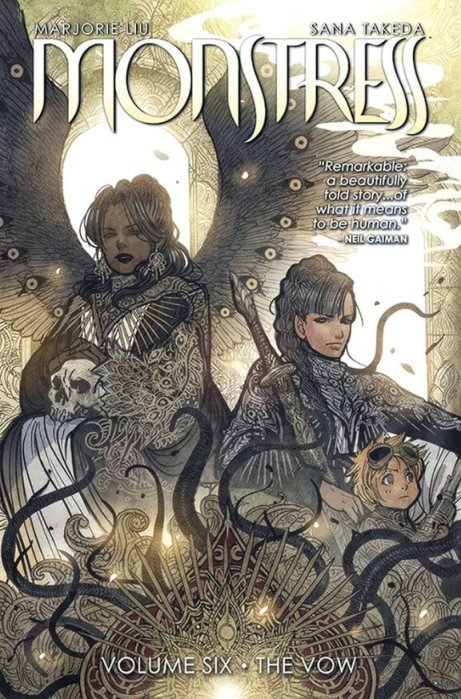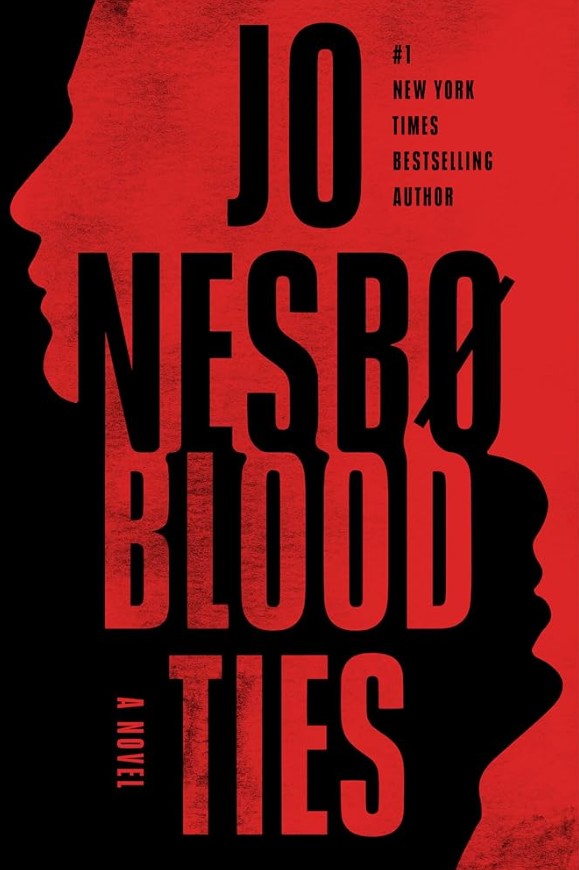If you’re expecting some intensely emotional Latin romance with a touch of heated love quarrels just from the title*, then you’re out of luck. The Andalucian Friend is actually just a simple, not very fast-paced thriller, with almost no love to be found—mathematically speaking, exactly: 0.
It gets even worse if you’re waiting for a special blend of gloomy Scandinavian crime with Mediterranean vibes. These two, it seems, completely cancel each other out. So, in the debut book of the Sophie Brinkmann Trilogy, you won’t really find much of a classic crime (whodunit) plot.
What you’ll be following instead is the power struggle between two criminal groups, along with a rather uneventful investigation of one of them by the police. And to top it off, there are just too many characters at the start, making it hard to keep track of the parallel events.
Change the bandage on my backside, sweetheart!
Another issue with The Andalucian Friend is that it’s hard to connect with the main characters, as they all seem a bit bland. Sophie Brinkmann, for instance, is far from a typical protagonist. She’s an ordinary, run-of-the-mill single mom. Söderberg completely wastes the potential MILF-factor! Sophie is jaded, indifferent, just swept along by the events happening around her.
But the most lackluster character of all is Hector Guzmán—the titular Andalucian friend. Alexander Söderberg likely envisioned the following traits when creating the title character: charismatic, intelligent, charming, and mysterious. Instead, Hector turned out to be THIS: bored, impatient, irritable—and slightly overweight.
Hector Guzmán feels like an ordinary, not-so-liked side character from a generic TV show—the kind the protagonists occasionally bump into in the stairwell and reluctantly stop to chat with about the weather.
So yeah, Söderberg probably should have put a little more effort into developing his characters…
Crime doesn’t pay!
It sure doesn’t! Not if you’re bad at it!
Hector Guzmán doesn’t seem to be very good at it. Business just isn’t going well, you see. Sure, having a rival crime syndicate and the police both trying to take you down at the same time is understandably unpleasant, but hey, that’s just the usual course of business in the criminal world. Ever since The Godfather, everyone knows how to handle these situations: bribe the cops and mow down your competitors with machine guns! No need for whining!
Something is rotten in the state of Swedenmark
In the second half of The Andalucian Friend, the focus shifts, and for some strange reason, the least likable characters take center stage. The police, too, start handling the investigation in increasingly bizarre ways, making you watch their actions with understandable suspicion: any cop who isn’t entirely mentally unhinged seems utterly unfit for the job.
Several storylines just vanish into thin air (for example, Jens, one of the best characters), and if you pay close attention, you might notice that some characters’ motivations are, to put it mildly, highly questionable. Most notably, Hector’s decisions regarding Sophie are completely inexplicable. I’m telling you, Sophie Brinkmann would definitely be better off staying in healthcare!
However, if you don’t pay closer attention, you’ll end up with just a nearly average crime novel. And if you make it to the end, you might (though not necessarily) care enough about the characters’ fates to maybe pick up the next installment.
Rating: 6.6/10
The Andalucian Friend (Sophie Brinkmann Trilogy #1) by Alexander Söderberg
464 pages, Paperback
Published May 1, 2014 by Vintage
—
Review of the sequel:
The Other Son by Alexander Söderberg
—
You may also like:
The Hunting Dogs by Jorn Lier Horst
—
* The Andalusian Friend was published in Hungary as Andalusian Lover.






